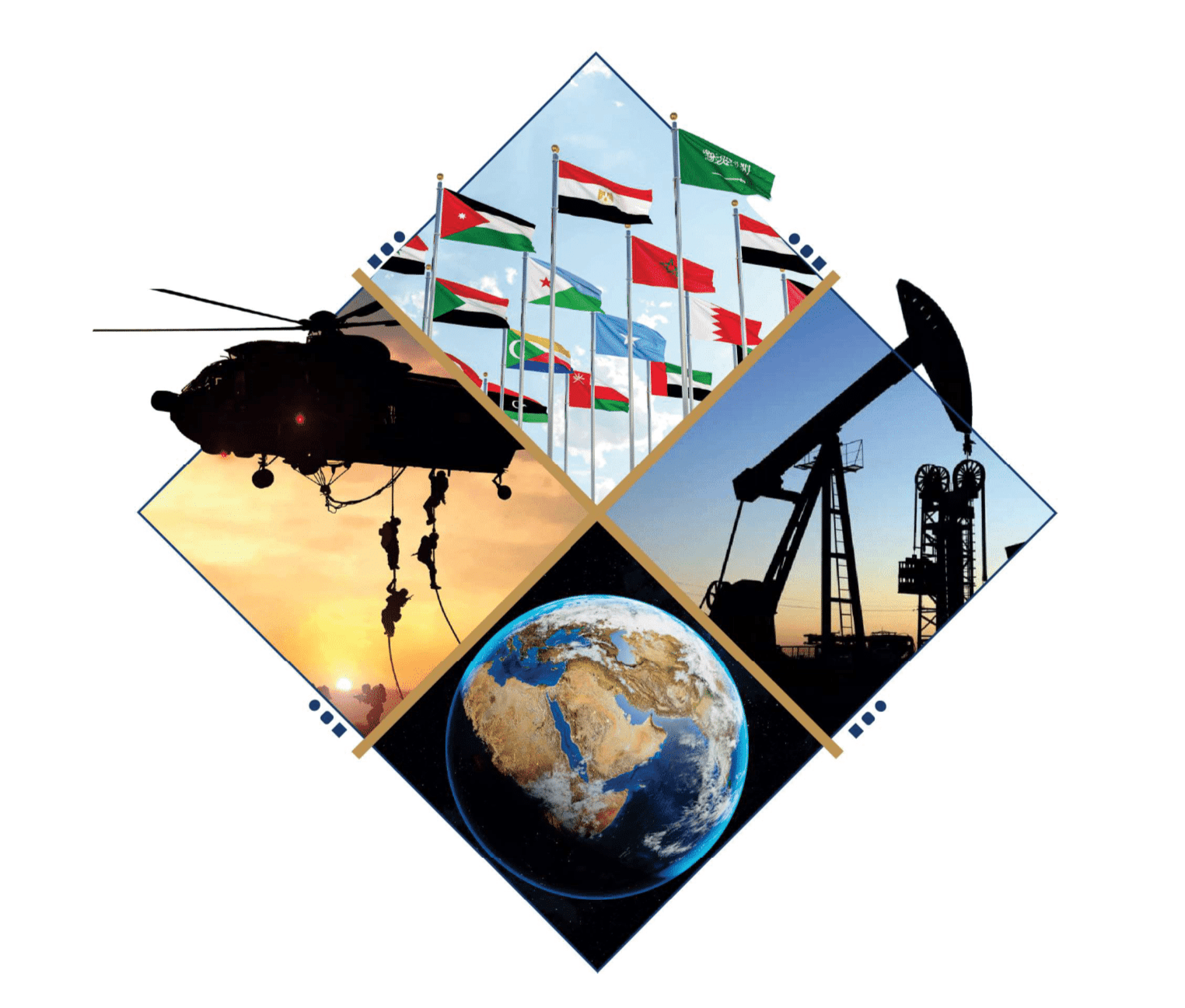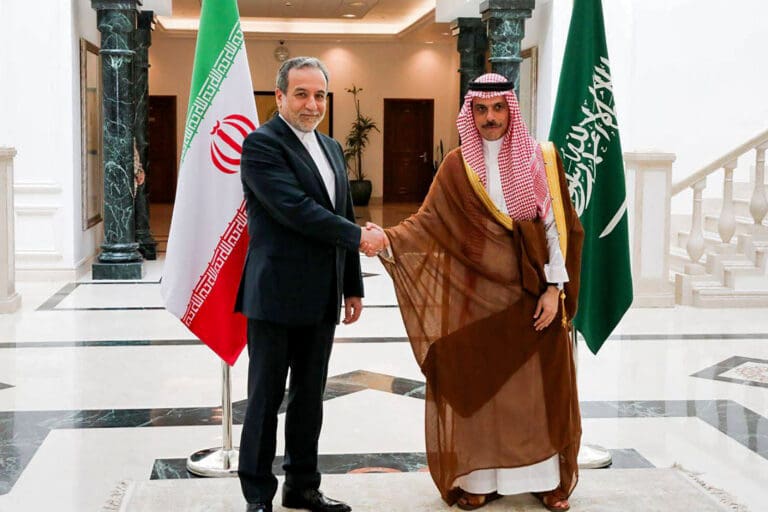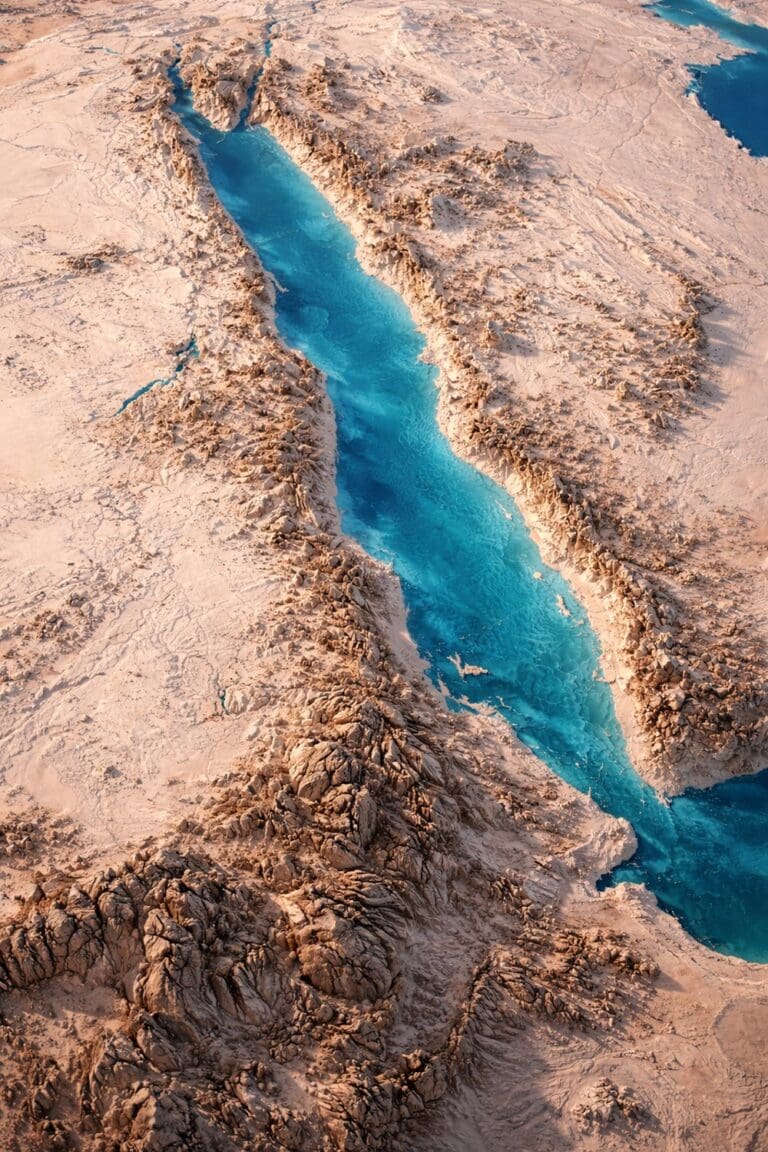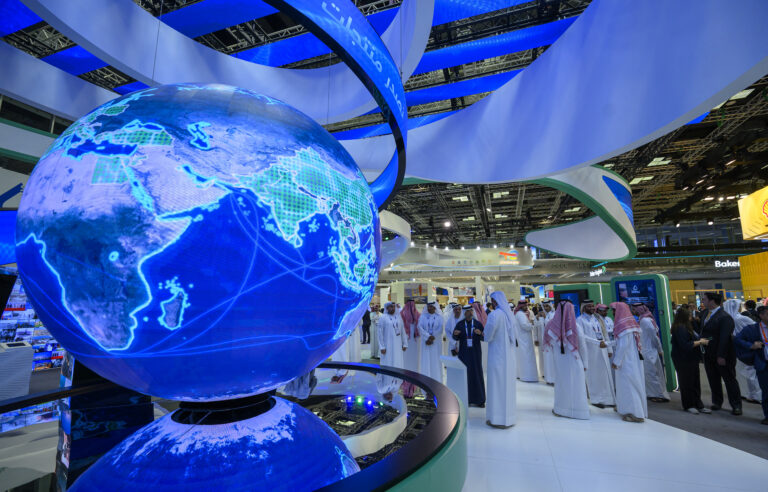
Asia & the Middle East Beyond Energy:
Towards Security and Defense Cooperation
Event Report, December 2024
Introduction
The geopolitical landscape of the Middle East has long been shaped by the interests of major global powers. Traditionally, Western powers, particularly the United States and a number of European countries, have played dominant roles in the region’s defense frameworks and security architecture. However, recent years have seen a notable shift in this dynamic, with Asian countries increasingly emerging as contributors in the Middle East’s security and defense.
MENA-Asia defense cooperation has witnessed considerable developments over the last couple of years. Under its “Look West” policy, India has expanded its bilateral maritime defense cooperation with a number of Gulf Cooperation Council (GCC) states. Signaling growing trilateral cooperation, India, the United Arab Emirates (UAE), and France concluded their first joint maritime exercise in 2023. The UAE is also host to the “Akh unit” which remains South Korea’s only military unit deployed overseas beyond its peacekeeping missions. In North Africa, China has conducted joint military exercises in the Mediterranean, and continues to be a major defense partner with countries such as Egypt and Algeria, although its share of imports of major weapons and conventional arms to North Africa as a region declined by 81% from 13% of all imports between 2014 and 2018 to 7.2% between 2019 and 2023, according to the Stockholm International Peace Research Institute’s (SIPRI) data.
Asia’s widening security role in the Middle East can primarily be attributed to strengthening economic ties between both regions. Notably, China’s Belt and Road Initiative (BRI) investments, across the Middle East, which have increased Beijing’s interests in the region’s security. Japan’s reliance on the Gulf’s energy supplies has also paved the way for greater defense cooperation. Last year, Japan held inaugural military-to-military dialogues with Oman and Qatar respectively.
The Middle East has also become an key market for Asian arms. In just the last decade, China’s arms exports to the region increased by 80%, although China’s share of imports of major weapons in the Middle East was only 0.5% between 2019 and 2023, according to SIPRI data. South Korea is also increasingly playing an important role in the region’s defense markets with various multi-million-dollar arms deals inked with the UAE, Saudi Arabia, and Egypt in 2022 alone.
The shifting dynamics of global power and the evolving interests of Asian countries in the Middle East present new challenges and opportunities for regional and global security. What is motivating growing Asia-Middle East defense cooperation? How will rising geopolitical tensions across the Middle East impact security ties? What are the limitations of Asia-Middle East defense cooperation? Against a looming decline in the United States’ security presence in the Middle East, how can/are the Asian powers contributing to re-shaping the region’s security architecture? And how can the Asian powers enhance their role in the Middle East’s security landscape?
To answer these questions, and more, the Middle East Council on Global Affairs (ME Council) and SIPRI organized a two-day workshop in Doha on the 8th and 9th of September 2024. The workshop brought together experts to explore these dynamics and foster dialogue on enhancing security and defense partnerships between Asian and Middle Eastern countries. Through collaborative discussions and strategic insights, the workshop contributed to a deeper understanding of this emerging geopolitical landscape.
It also served as an opportunity to openly exchange research ideas among the invited experts. Over the course of two days, the session explored the four major Asian powers, China, India, South Korea, and Japan, along with a close analysis of SIPRI’s data on defense trends in the region, and a forward-looking session on future trends and trajectories in the regional security and defense. The workshop in Doha was the second iteration following a December 2023 workshop in Stockholm, Sweden titled “MENASIA: Geopolitics, Energy and Security,” which focused on three broad themes: geopolitics, economics, and regional dynamics; hydrocarbons, energy transitions, and environmental risks; and defense and technology.



